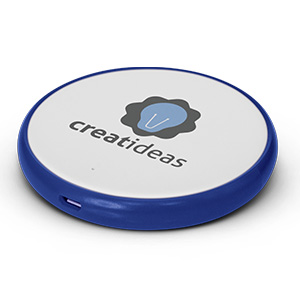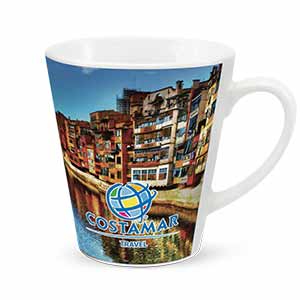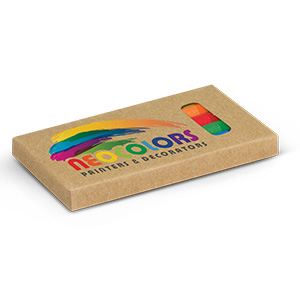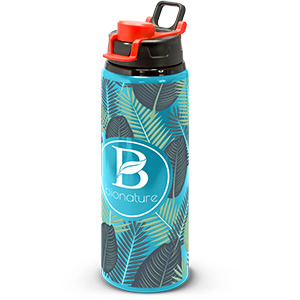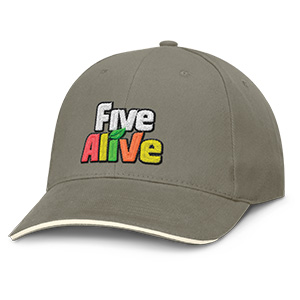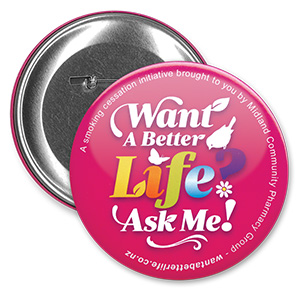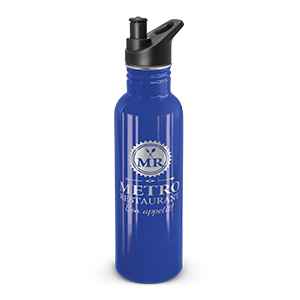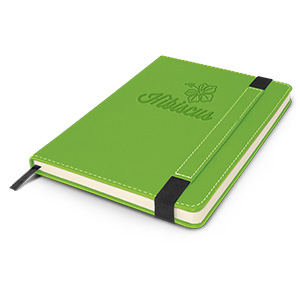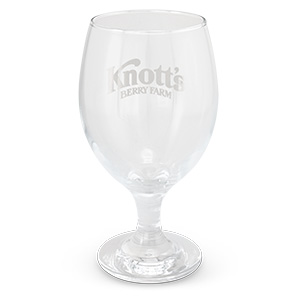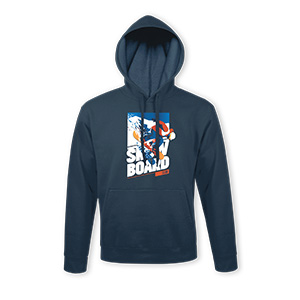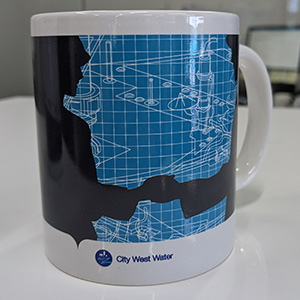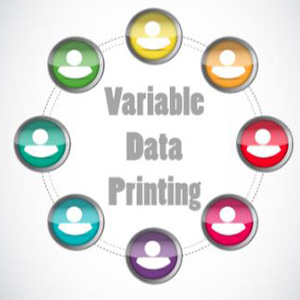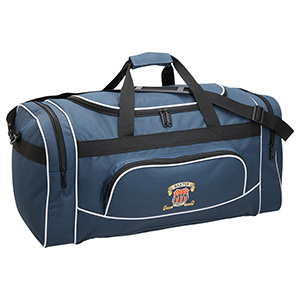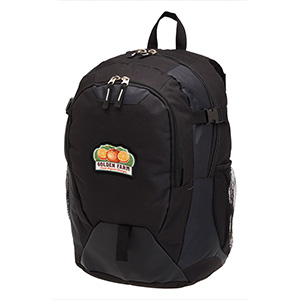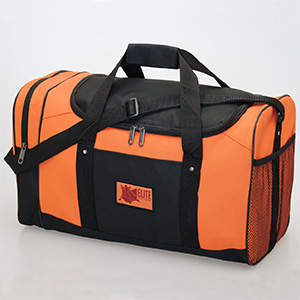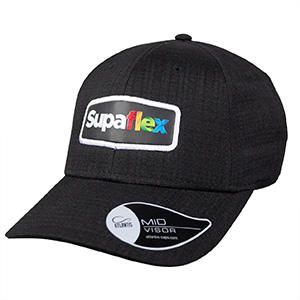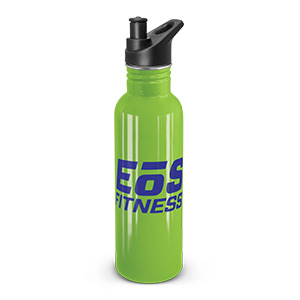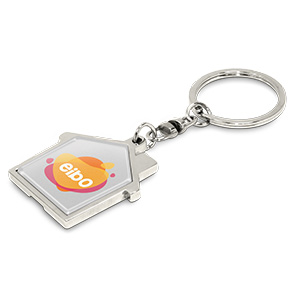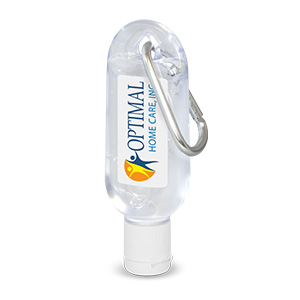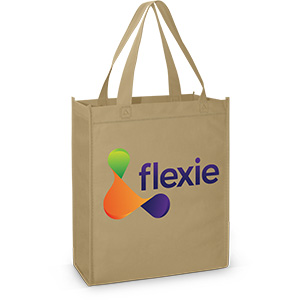Can promotional products be eco-friendly?
Absolutely. Promotional products can be genuinely eco-friendly when businesses focus on reusability, responsible materials, and ethical supply chains.
Take reusable drink bottles, recycled notepads, and organic cotton apparel. These items significantly reduce reliance on single-use plastics and minimise landfill waste. Products made from recycled or renewable materials like bamboo or recycled paper are becoming increasingly common in the promotional industry.
Australian-made options are particularly worth considering. They help decrease transport emissions whilst supporting local manufacturing.
The demand for sustainable promotional merchandise is growing rapidly across Australia. Consumers, especially younger demographics, now expect brands to reflect environmental and ethical values. This shift coincides with policy developments such as plastic bag bans and recycling schemes, which are steering both suppliers and recipients away from throwaway items.
Eco-friendly promotional items serve a broad range of purposes too. From trade show giveaways to employee appreciation gifts and corporate gifting, they fit seamlessly into traditional marketing use cases. More importantly, they reinforce a company’s stance on sustainability and social responsibility.
By incorporating branded sustainable merchandise, businesses can align with customer values, deepen relationships, and create positive associations with their brand. It’s marketing that actually makes people feel good about keeping your branded item.
What makes a promotional product environmentally friendly?
An environmentally friendly promotional product delivers genuine environmental, social, and economic benefits throughout its entire lifecycle. This happens through using renewable or recycled materials, replacing single-use items, and following ethical sourcing practices.
Products made from bamboo, recycled paper, or organic cotton reduce reliance on virgin resources and minimise landfill waste. It’s quite straightforward when you think about it.
There are several key categories of eco-friendly promotional products worth knowing about. Recycled Promotional Products (RPP) use materials that have already been processed once, saving energy and resources in production.
Australian Made Products (AMP) cut transport emissions by being produced locally, whilst supporting local industries too. Carbon Offset Products (COP) calculate their total carbon footprint and offset it through programs like tree planting.
Waste Reducing Products (WRP) are built for repeated use, eliminating the need for disposable alternatives. Think reusable coffee cups and shopping bags. Green Educating Products (GEP) carry messages that promote environmentally responsible behaviours.
Green Promotional Products (GPP) actively benefit the environment through how they’re used or their inherent properties.
The decoration and branding methods matter too. Some manufacturing facilities now operate on 100 percent renewable energy. When sourcing promotional items, ask about the energy sources used for decoration and choose suppliers who use renewable energy where possible.
These measures ensure promotional merchandise markets your business whilst aligning with modern environmental standards.
Popular eco-friendly categories that work
Reusable drinkware and cups
Reusable drinkware like bottles, coffee cups, and tumblers directly tackles single-use waste by encouraging repeated use instead of disposable options. These items are amongst the best-performing sustainable promotional products in Australia, with water bottles and reusable coffee cups consistently ranking as top sellers for branded eco merchandise.
Each time a user refills a branded bottle or cup, they reduce the number of takeaway coffee lids and single-use plastic bottles that end up in landfill or as litter. It’s quite straightforward really.
Brands can choose from keep cups, travel mugs, classic tumblers, and contemporary forms, each of which can be customised with company graphics. By using branded reusable drinkware, businesses showcase their commitment to sustainability whilst extending their marketing reach far beyond a single event or handover.
Reusable cups and bottles truly offer an intersection of environmental impact and lasting promotional value.
Bags and apparel
Durable tote bags, calico bags, and drawstring bags are essential alternatives to single-use plastics. These reusable styles sit among the most popular categories in eco-friendly promotions because of their high utility and long life cycles.
Many of these bags are crafted from natural fibres, such as cotton or jute, offering both biodegradability and a reduced carbon footprint compared to their synthetic plastic counterparts.
From a brand perspective, these bags serve as visible, functional billboards. Their broad surfaces allow for prominent logo placement, and because recipients are likely to use them for grocery runs, events, or commuting, they extend brand reach into daily routines.
Research from eco-product suppliers highlights the rising popularity of organic cotton apparel and recycled headwear. Businesses are leveraging these items to align their branding with the sustainability priorities of the market.
This shift away from disposables and virgin materials in both bags and apparel creates a cohesive offering for brand managers wanting visible, useful, and genuinely sustainable promotional products.
Stationery and office essentials
Recycled notebooks, eco pads, and pens offer a straightforward solution for offices wanting to reduce their environmental impact without disrupting daily operations. When you choose stationery made from recycled paper or biodegradable materials, your company supports a circular economy and reduces demand for virgin resources.
Notebooks made from post-consumer paper and pens crafted from recycled plastics or cardboard are increasingly available from Australian suppliers. This growth responds directly to corporate demand for visible eco credentials in the workplace.
Bamboo desk organisers and wooden phone holders bring sustainability into everyday office workflows. Bamboo grows rapidly and regenerates quickly, making it perfect for pen holders, stationery trays, and multi-functional organisers.
These products communicate environmental responsibility at a glance whilst contributing to a natural aesthetic that softens and personalises workspaces. Wooden phone stands and organisers made from responsibly sourced timber are durable, biodegradable at end of life, and represent a clear move away from generic plastic office accessories.
Using these natural and recycled materials reflects a broader trend in Melbourne and across Australia. Businesses and consumers increasingly expect their work environments to align with modern sustainability values, which is why promotional merchandise supplier in Melbourne are expanding their eco-friendly product ranges.
When you add company logos to these office essentials, they extend your brand’s eco messaging directly to employees, clients, and visitors who interact with your workspace daily.
Eco tech
Eco tech products showcase how modern technology can work hand-in-hand with environmental responsibility. These items prove that being green doesn’t mean sacrificing functionality or appeal.
Biodegradable phone cases made from plant-based polymers break down naturally at the end of their life, unlike standard plastic cases that sit in landfill for decades. They offer the same protection your phone needs whilst reducing long-term environmental impact.
These tech accessories work brilliantly for promotional purposes because they’re used daily and stay visible on desks, in bags, and during meetings. Your logo gets constant exposure whilst demonstrating genuine commitment to sustainability.
For Melbourne businesses, eco tech products signal innovation and environmental awareness to clients and employees alike. Younger consumers particularly value brands that reflect their own environmental priorities, making these items powerful relationship-building tools.
Eco tech sits perfectly in the high-engagement promotional category, offering practical value whilst reinforcing your company’s responsible sourcing and conscious material choices.
Seeds, plants and waste-reducing swaps
Seed packets and small plants work brilliantly as Green Educating Products in eco-friendly promotional campaigns. They do double duty by encouraging recipients to get involved in sustainable activities like gardening or community greening projects, whilst teaching them about environmental responsibility through hands-on experience.
When you give out branded seed packs or small plant kits, you’re motivating real action. Recipients nurture a living product, which reinforces your green message every time they water their sprouting seeds or care for their growing plant.
By providing recipients with practical tools that swap out disposable alternatives, brands directly support the legislative and cultural shift happening across Australia. Each swap creates measurable impact.
A single reusable shopping bag can eliminate hundreds of single-use plastic bags per person each year. Portable straws and cutlery prevent countless plastic forks, spoons, and straws from reaching landfill or waterways.
Together, seed and plant products alongside these practical swaps give recipients the tools to act on their green values immediately. For businesses, they ensure branded merchandise gets kept and used whilst creating lasting behavioural change that aligns with modern sustainability goals.

How to choose and brief eco-friendly merchandise
To make the biggest impact with eco-friendly merchandise in your campaign, start by choosing items that people will actually use in their daily routines. Quality tote bags, stainless steel bottles, or well-made reusable coffee cups naturally reduce waste by replacing disposables over and over again.
These items stay in use much longer, serving as ongoing reminders of your brand and boosting brand recall rates with every use.
Matching the product material with your overall message is crucial. Selecting bamboo, recycled PET, or organic cotton actively shows a responsible approach to sourcing and manufacturing.
According to leading Australian suppliers, bamboo pens, recycled notebooks, and organic cotton apparel are top sellers in the eco-promotional sector because these materials clearly reflect both authenticity and a smaller environmental footprint.
Where possible, choose Australian Made products. This shortens transportation distances, reducing emissions, whilst investing in local jobs and supply chains.
Australian Made is becoming a powerful differentiator in sustainable marketing, recognised by consumers looking for ethical and environmentally responsible origin stories.
Ask your merchandise partner about how their printing or decoration is powered. A growing number of Australian factories use renewable energy for all stages of production and branding.
Choosing decoration partners with a commitment to green energy further demonstrates your sustainability credentials.
For milestone events or special occasions, consider curated gift sets that tell a clear sustainability story. A thoughtfully grouped combination, such as a bamboo pen, a recycled notepad, and an organic cotton tote, delivers a stronger, more cohesive green message than individual items.
These sets increase perceived value and create a memorable, holistic brand experience aligned entirely with responsible practices.
When briefing your promotional supplier, be specific about your brand’s sustainability priorities. Request product provenance, renewable energy decoration options, and suggestions for items with longevity and practical appeal.
This ensures your investment in eco-friendly merchandise delivers genuine results for both your marketing and the planet.
Communicating impact without tokenism
Environmental branding only resonates when actions match words. To avoid tokenism, businesses must demonstrate commitment through well-chosen, long-lasting products rather than relying on slogans alone.
For instance, replacing single-use giveaways with reusable drinkware, sturdy tote bags, and premium recycled notebooks ensures your brand’s eco message endures far beyond the initial interaction. These items get used repeatedly, providing genuine value and reducing waste, all whilst your logo remains visible.
It’s vital to communicate the reasoning behind sustainability choices. Green Educating Products and eco awareness items, such as seed packets or products accompanied by educational inserts, help share the ‘why’ of your approach.
These items turn simple giveaways into opportunities for recipients to understand and appreciate your environmental efforts, reinforcing trust and authenticity.
If you’re incorporating carbon offset products, transparency is non-negotiable. The total carbon footprint of each unit should be properly measured and matched with a credible offset, such as tree planting or verified carbon removal schemes.
However, this should be the final step after prioritising genuine reductions. For example, choosing recycled or locally made items to minimise impact before considering carbon credits.
Responsible environmental branding also includes planning for the entire lifecycle of your merchandise. Don’t allow outdated or surplus products to become landfill.
Instead, upcycle or repurpose materials creatively, donate surplus items to charities or community groups, or arrange for recycling through appropriate channels. Such practices support a genuine commitment and prevent your brand from being linked to unnecessary waste.
By adopting these measures, brands move beyond superficial messaging and instead embed sustainability into their actions. This ensures consumers see your environmental impact as meaningful and trustworthy.
When eco-friendly promo may fall short
Eco-friendly promotional products can actually work against sustainability if they don’t deliver genuine utility or environmental benefit. Low-quality novelty items are a particular trap.
Products that get binned quickly, like cheap trinkets or one-off gadgets, completely undermine the intention behind sustainable marketing. They just add to landfill instead.
Businesses should focus on items with actual day-to-day usefulness, like reusable drinkware or quality tote bags, rather than picking ‘green’ items just to tick a box.
There are also risks in selecting products that don’t fit naturally with the recipient or campaign. Poor choices, like niche gadgets or unusual office accessories that nobody will actually use, result in wasted resources and budget.
In these cases, materials and time get wasted creating something that doesn’t leave a positive impression or offer ongoing brand exposure. Getting the category right and ensuring product-recipient alignment matters far more than following trends.
Another common issue happens when brands over-rely on carbon offsets or other compensatory schemes without first addressing core sustainability principles. Sourcing locally manufactured items, using high recycled content, and prioritising reusability should always come first.
Offsetting alone isn’t enough if the products themselves are destined for short-term use or require resource-intensive manufacturing and transport.
To maintain credibility and maximise impact, businesses should avoid token or surface-level solutions. Instead, they should commit to selecting category-appropriate, enduring, and high-quality products that reflect a genuine commitment to sustainability in both message and action.
Practical actions to make your branded merch genuinely green
Start by selecting promotional items people genuinely value and use regularly. Prioritise high-use categories such as bags, drinkware, and stationery, specifying premium, durable builds that can withstand daily wear and tear.
This directly reduces waste by increasing each item’s lifespan, making sure your brand stays visible and useful well beyond a single event.
Always verify the sustainability of materials at the sourcing stage. Favour options made from recycled materials, organic cotton, or rapidly renewable resources like bamboo.
When aiming to cut freight emissions, actively seek out Australian Made products. These reduce transport distances whilst supporting the local economy too.
Ask your supplier to confirm product origin and material certifications where possible.
Go further by requesting that decoration and printing be powered by renewable energy. Many Australian decoration facilities now use 100 percent renewable sources, so choose partners that can provide this and keep a record of your choices.
Document these steps, including details such as percentage of recycled content or confirmation of renewable-powered decoration. This lets you clearly and transparently communicate your environmental commitment.
Sharing these details on your website or in stakeholder communications builds trust and strengthens your credibility.
Embed responsibility into every stage of your product’s life. Design for end-of-life by choosing only items that can be reused, easily upcycled, or recycled in existing Australian systems.
Consider collecting any leftover merchandise and planning donations to community groups or recycling drives rather than sending unsold stock to landfill.
Maximise your positive impact by using every opportunity: trade shows, conferences, or staff gifting moments. These are perfect chances to put your sustainability messaging into practice.
Handing out authentically green merchandise at these events demonstrates your values whilst setting the standard for how promotional products can contribute meaningfully to waste reduction and circularity.
By applying these practical steps, you ensure your branded merchandise isn’t just superficially “green”, but truly delivers measurable environmental benefits and positive brand association.



